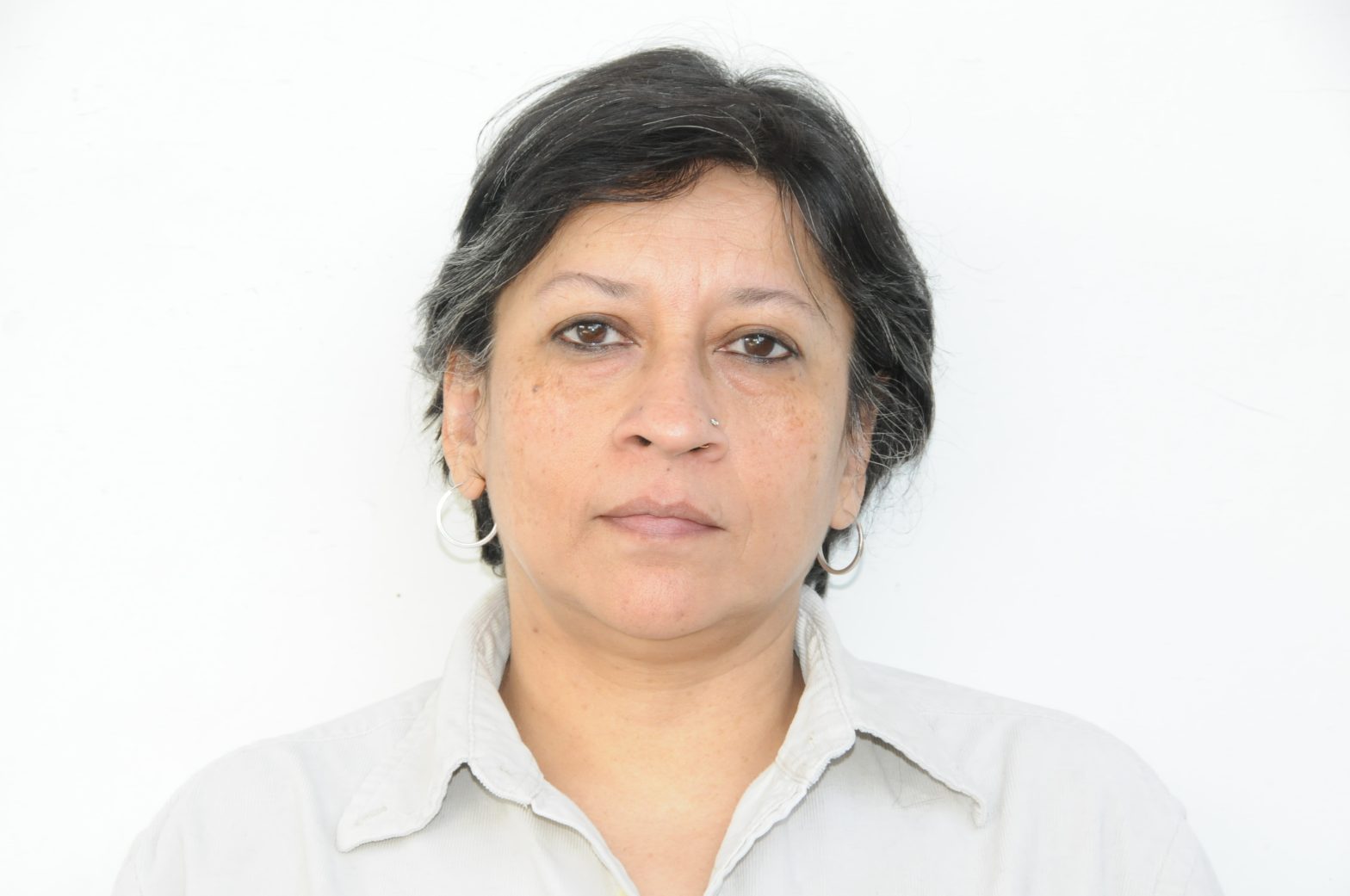Why has India chosen to become a member of the International Energy Agency
Given that over 70 per cent of the world's energy consumption comes under the IEA umbrella, the association with the agency will substantially increase India’s relevance in global energy governance.
- Published: April 19, 2017
















